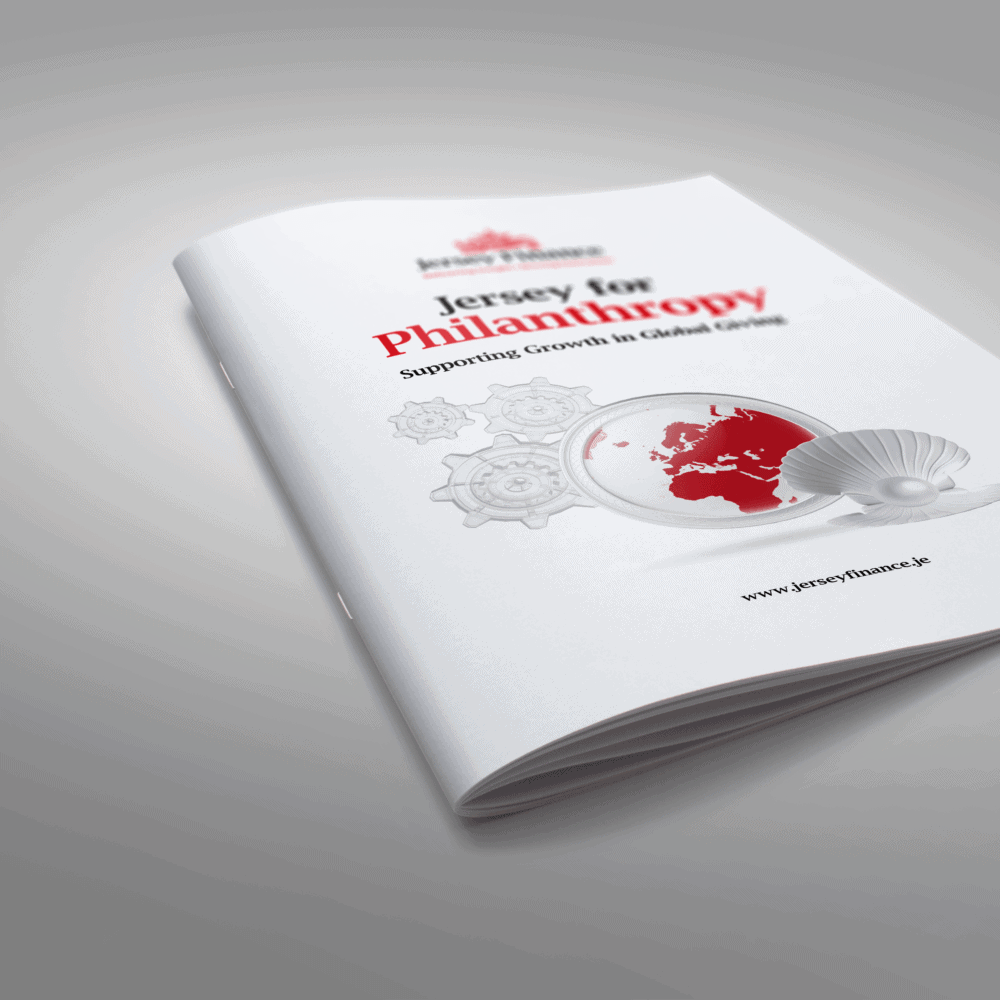Positive Steps Towards a Brighter Future
Global philanthropy is on the rise as a growing number of wealthy individuals and businesses want to make a difference to society.
Along with high-profile initiatives such as the Giving Pledge in the US and Founders Pledge in Europe, new channels and vehicles for giving are fuelling the development of the philanthropic sector.
A 2019 Wealth-X report on trends in ultra-high net worth (UHNW) giving suggests that around half of the world’s UHNW donations are made by North American philanthropists while Europeans account for just under a third of the global total. Philanthropic giving by ultra-wealthy Asians is lower, reflecting the region’s significantly younger wealthy population and less developed not-forprofit and education sectors.
For some wealthy donors anonymity is important. When philanthropy is in the public eye the focus is often on entrepreneurs and businesspeople creating their own foundations and making considerable donations on a global scale. One of their main motivations is a sense of duty, with the most popular causes related to education, healthcare and medical research, and arts and culture.
